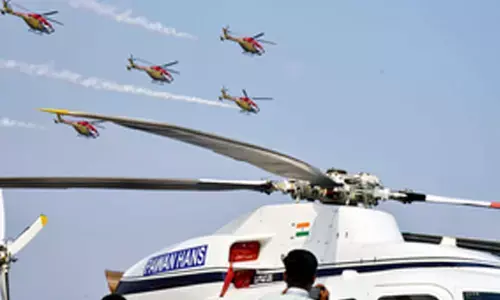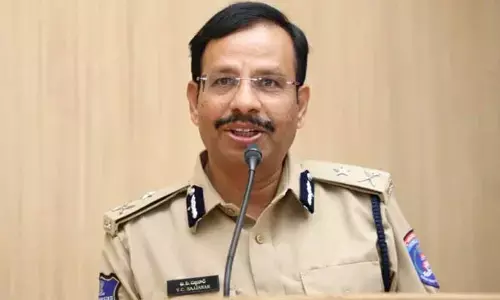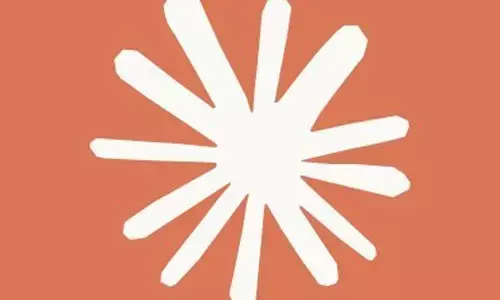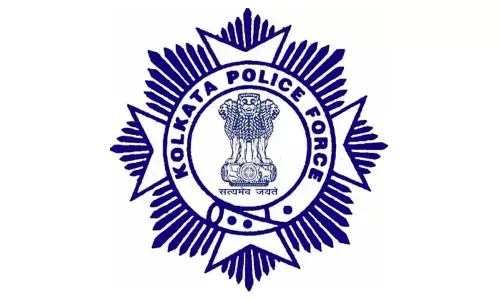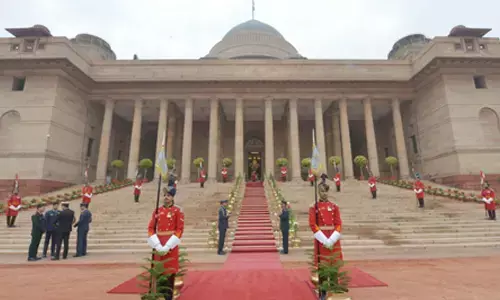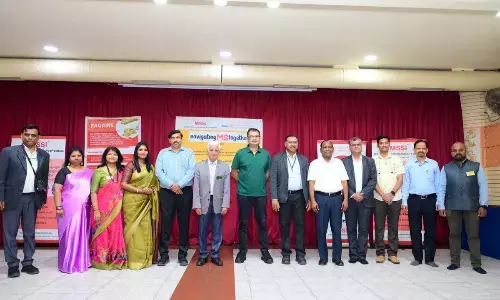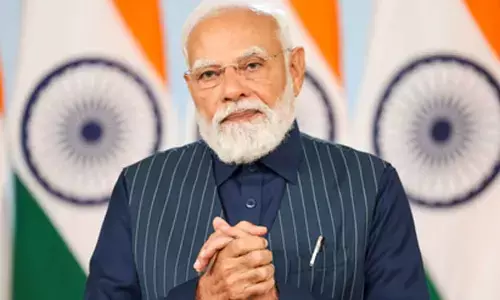Soft power of Indian culture
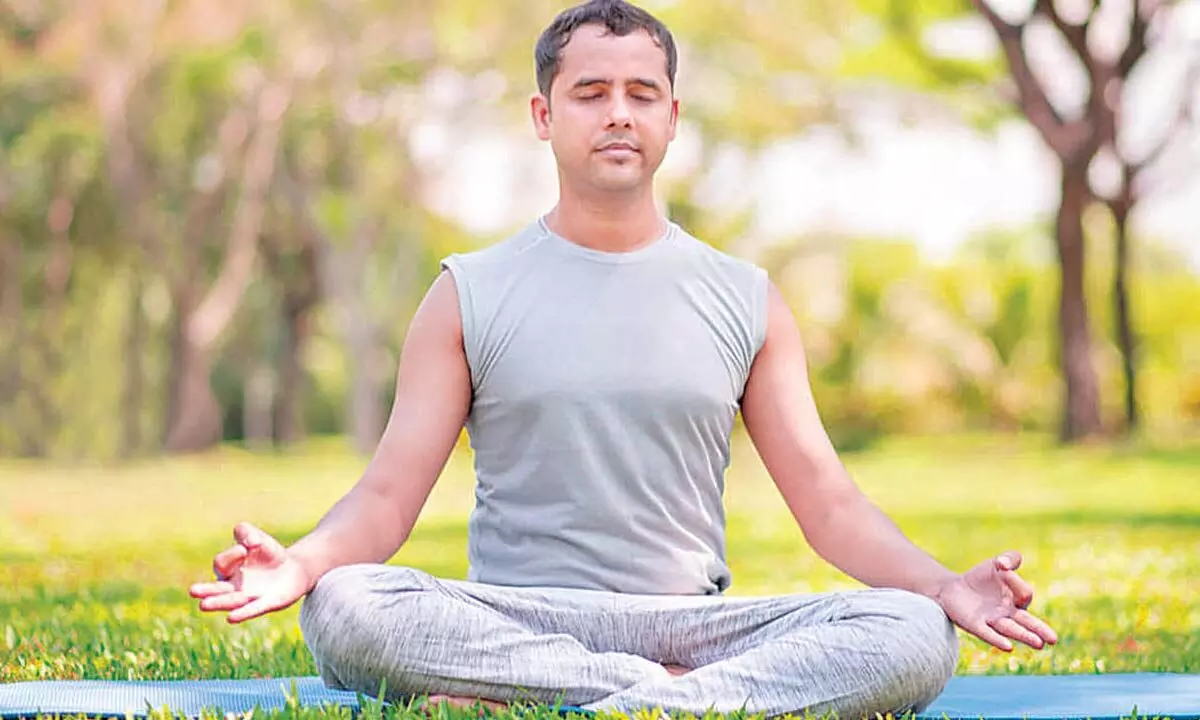
Soft power of Indian culture
Joseph Nye, a former American intelligence officer, popularised soft power thirty years ago.
Joseph Nye, a former American intelligence officer, popularised soft power thirty years ago. It contrasts with the conventional physical power, called hard power. Hard power is like Bhima's muscle power or Arjuna's weapon power. Soft power is the enlightening power of Shankaracharya, or Buddha or the enchanting lyrics of Tyagaraja. Humans can influence others by their brute strength or by their virtues. India's soft power travelled to Southeast Asian countries when our merchants went there. The kings went later and expanded established empires without bloodshed.
The use of mere brute strength produces hostility both in the case of humans and in the case of nations. After the Vietnam war, the USA realised that brute power alone was inappropriate. Hence, they intensified promotion of 'western values', western films, western media, and western universities. Western institutions claimed to be the custodians of world morality. It was hailed as smart power.
The west had two intellectual movements in their history. The first one was the 15th and 16th century Renaissance due to the rediscovery of Greek and Roman cultures. The second one was known as the Enlightenment of the eighteenth century. This was due to the West's interaction with India and China. The initial Indologists were overwhelmed to see the breadth and depth of knowledge systems in India. It is this soft power which gives us cultural pride. The insights provided by the analysis of mind in Vedanta or Patanjali's Yoga Sutras inspired the nascent science of Psychology in the West. Now, yoga is accepted worldwide. The holistic approach and philosophical base of Ayurveda did not find acceptance initially, but in recent years extensive research has been done, and it is accepted as an alternative system of medicine. The studies on the texts of Panini gave rise to a new science, linguistics. Mention should also be made of our classical music and classical dance, which is making waves in the west and defining our culture.
In the initial years of Enlightenment, a group of intellectuals like Emerson, Thoreau and others studied Indian philosophy much before Vivekananda went to America. They were nicknamed Boston Brahmins. They used to wait at the Boston Seaport to receive books from India, coming through the ships of the East India Company. Their long list includes eminent poets such as T.S. Eliot. What Vivekananda did later was a philosophical overwhelming of the West. He took Vedanta beyond the boundaries of India. He showed the power of a spiritual master.
But where are we in knowing our cultural power? Our intelligentsia is in a cultural amnesia and our youth are mostly alienated from our soft power. Our universities are sadly sinking into the hands of people hostile to our culture. The saving feature is what is called the social media university. Knowledge of our traditions gives us self-esteem, an important prerequisite for progress and social harmony.
(The writer is an IPS, Former Director-General of Police united Andhra Pradesh state)








